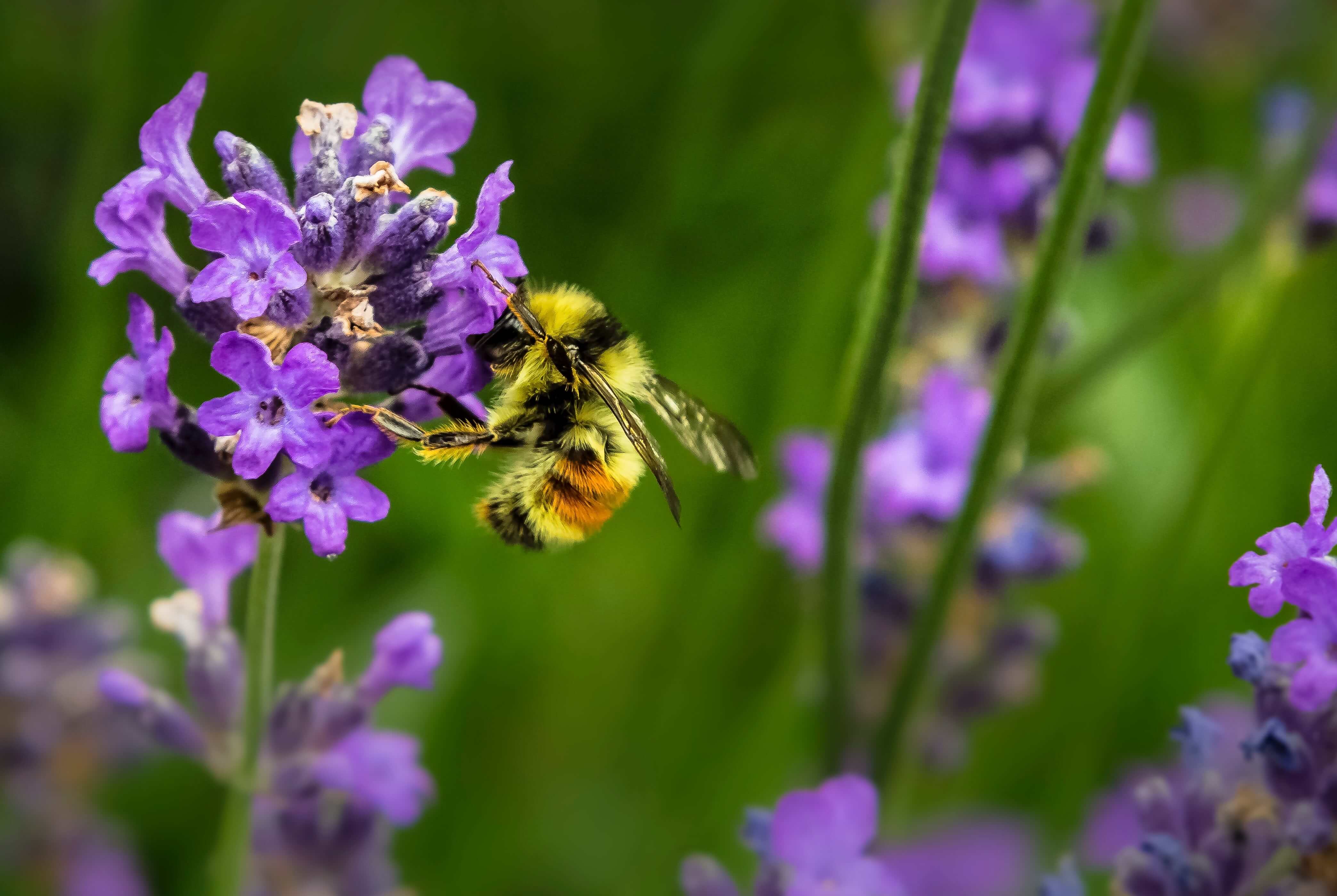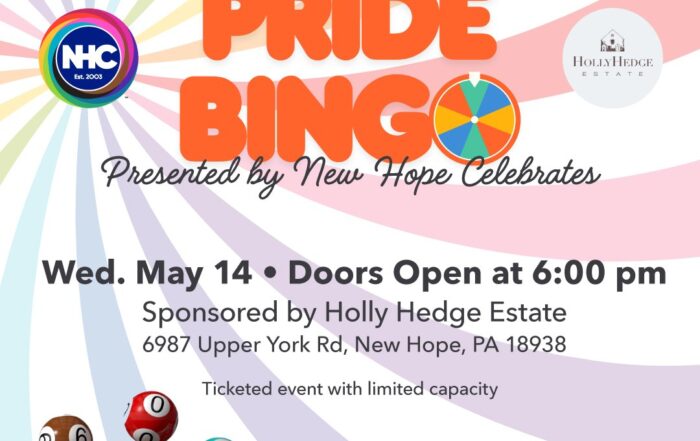
The Decline
Over the past two decades we’ve seen a concerning population decline of one of the world’s most important ecological assets: bees. The cause of this decline is still uncertain, but the importance of bees could not be clearer. Numerous species of bees perform an essential and specialized task: pollination. Without healthy numbers of these busy pollinators, increased food scarcity could result, beginning with some of the world’s most impoverished populations. However, as awareness of this problem increases, so does our ability to change course before it’s too late.
What We’re Doing
At HollyHedge Estate, we attempt to create the most suitable environment possible to aid our local bee populations. One of the most important steps we’ve taken is to foster a healthy landscape of plants that serve not just to please the eye, but to support local ecological health. Wildflowers and various native flora are bountiful here at HollyHedge, giving the two honey bee hives we maintain a natural diversity that supports their life cycles. We closely monitor our hives to best provide what the bees need to thrive throughout the year. We’re proud to avoid the use of pesticides on both of our properties (HollyHedge Estate and our sister inn just up the road, 1740 House) whenever possible, and we maintain an awareness of what specific chemicals are likely to affect our pollinators. Carpenter bees, bumble bees, mason bees, miner bees, and digger bees are just as important to us as honeybees.
“Most people are familiar with honeybees and their value, but there are also hundreds of species of native bees that are extremely important pollinators of both food crops and native plant species,” says Ben Luccaro, Property Manager of both inns. “In addition to playing a critical role in the reproductive cycle of plants, many of the native bees also help control the populations of insects that can be pests to people and plants,” adds Ben.
Ben sees HollyHedge’s 20 acres of forests, meadows, and gardens as something of a bee preserve. He carefully manages the property, considering the life cycles and needs of the many bee species that populate the grounds.
Under Ben’s direction, here are a few key ways we are committed to making a difference:
- Avoid the use of all pesticides that are harmful to bees
- Plant and promote the growth of native plants that are bee favorites
- Convert many of our lawns to meadows that provide both food and shelter for bees
- Allow wildflowers to grow in our lawns to provide additional pollen sources
- Maintain two honey bee hives at the Estate
- Plant specifically to provide pollen sources from early spring to late fall
- Learn to locate and identify many of the lesser-known native bee species, observing their food and habitat preferences in order to better inform our landscaping decisions
Ben also offers up some of our favorite native plants which are bee favorites:
- Early spring: Virginia Blue Bells, Spring Beauty, Wood Poppy
- Summer: Mountain Mint, Bee Balm, Wild Senna, Virginia Rose
- Fall: Various Goldenrod and Aster species
What You Can Do
One of the most remarkable things about humans is our unmatched ability to alter our surroundings. This ability has proven to be detrimental to our environments when misguided, but it is also our most powerful tool to course correct. You can help support our bees, and by doing so, help support our whole environment. Here’s what you can do:
Research native plants and use these pollen sources in your home landscape.
Be aware and vigilant when purchasing plants, and avoid those treated with chemicals harmful to bees, especially neonicotinoids.
If you are blessed with the space and time, consider maintaining hives yourself, or allowing an experienced local beekeeper to utilize your property. Here’s a site that will provide you with the resources needed.
If some of these options are not available to you, consider donating to an organization committed to the work of restoring and maintaining bee populations. We recommend The Honeybee Conservancy. They provide so many awesome ways to get involved.
We hope that you’ll join us in our effort to assist bees through both direct action and the important task of educating ourselves and those around us.


